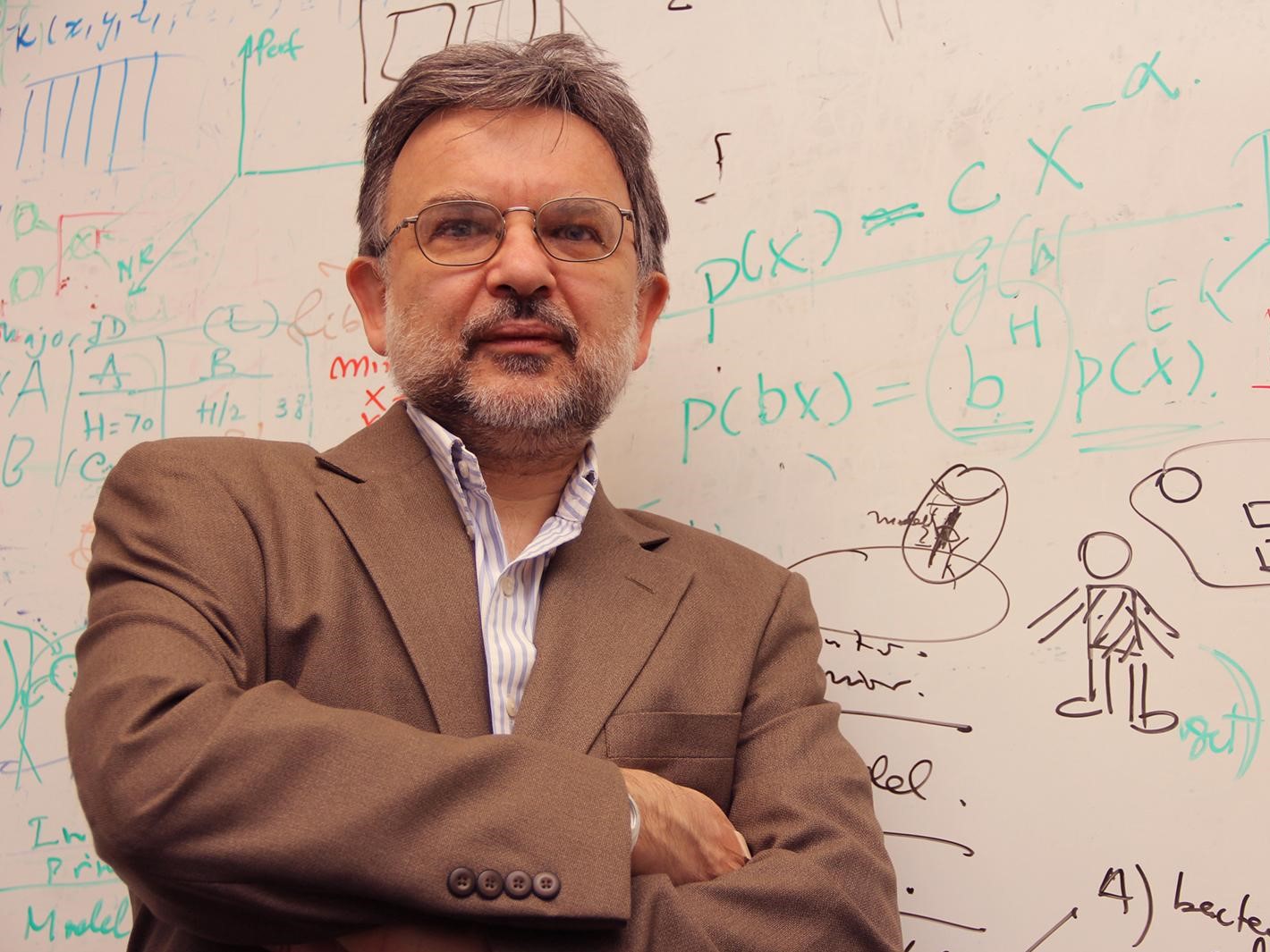Radu Marculescu, professor in the Chandra Family Department of Electrical and Computer Engineering at The University of Texas at Austin, has been named a Fellow of the Association of Computing Machinery (ACM) for 2022 for "contributions to low-power and communication-based design of embedded systems."

The ACM Fellows program recognizes the top 1% of ACM Members for their outstanding accomplishments in computing and information technology and/or outstanding service to ACM and the larger computing community. Fellows are nominated by their peers, with nominations reviewed by a distinguished selection committee.
The 2022 Fellows represent universities, corporations, and research centers in Canada, Chile, China, France, Germany, Israel, the Netherlands, Spain, Switzerland, and the United States.
“Computing’s most important advances are often the result of a collection of many individual contributions, which build upon and complement each other,” said ACM President Yannis Ioannidis. “But each individual contribution is an essential link in the chain. The ACM Fellows program is a way to recognize the women and men whose hard work and creativity happens inconspicuously but drives our field. In selecting a new class of ACM Fellows each year, we also hope that learning about these leaders might inspire our wider membership with insights for their own work.”
Marculescu's research focuses on developing new machine learning and artificial intelligence methods and tools for modeling, analysis and optimization of embedded systems, cyber-physical systems, social networks and Internet-of-Things. Before joining the Cockrell School in 2019, Marculescu was a professor in the Electrical and Computer Engineering Department at Carnegie Mellon University.
Marculescu is a Fellow of IEEE, cited for his contributions to the design and optimization of on-chip communication for embedded multicore systems, and he has earned numerous awards and recognitions from the organization for contributions in areas like chip design, analysis, and optimization; design automation and embedded systems design and more.







